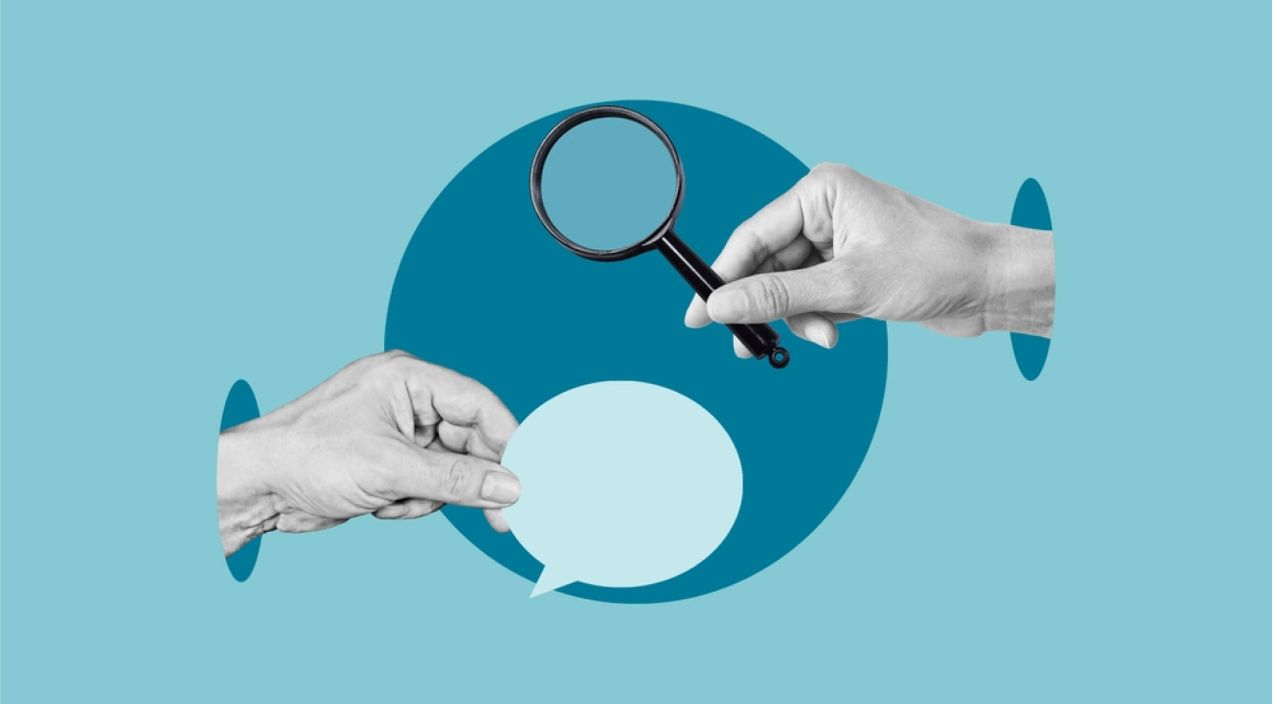The organizational life cycle and what it means for HR strategy
The organizational life cycle is the natural progression every company experiences as it moves from startup spark to maturity—and, sometimes, reinvention or decline. Just like living organisms, the organizational lifecycle shows how businesses grow, stumble, adapt, or plateau.
Top 20 employee engagement initiatives to maximize workplace engagement
Looking to maximize workplace engagement? Explore these top 15 employee engagement initiatives that can transform your organization. From fostering a culture of recognition to promoting work-life balance, these strategies will empower your employees and enhance productivity.
How does employee disengagement impact attrition?
According to a study, highly engaged teams experience 59% less turnover than their disengaged counterparts. Employee engagement is the secret sauce that keeps attrition at bay. When employees feel genuinely connected to their work and the organization, they're likely to stick around longer.
How to increase collaboration between teams in 2025?
Explore effective tips to increase collaboration between teams in 2025. Foster teamwork, communication, and synergy for enhanced productivity and business success. Unlock the potential of your teams and gain a competitive edge in today's fast-paced business landscape.
Employee appraisal software: Everything you need to know to improve performance reviews
Employee appraisal software is a digital solution that helps managers plan, conduct, and track employee performance reviews more effectively. Instead of relying on memory, paperwork, or scattered feedback, this software centralizes everything—from performance goals and self-assessments.
Employee review template: How to structure performance conversations that drive growth
An employee review template is a structured framework that helps managers evaluate, document, and discuss an employee’s performance during a review. It outlines specific sections—like goals, strengths, areas of improvement, and next steps—so that no part of the conversation is missed.
How to manage a multigenerational workforce: Top challenges, best practices and tips
Engaging a multigenerational workforce is crucial in today's diverse workplace. Learn how to leverage the strengths and perspectives of Baby Boomers, Gen X, Millennials, and Gen Z to create a vibrant workplace culture that drives productivity!
50+ Culture index survey questions that you should ask your employees in 2025
See how culture index surveys can help you understand how employees feel about your workplace culture, gather their emotions and opinions, and enable you to take meaningful action on their feedback.
Furlough vs layoff: How to lead with empathy, preserve engagement, and protect culture
A furlough is a temporary, unpaid leave of absence that employers impose on employees—often due to financial constraints, seasonal slowdowns, or unexpected crises. Unlike a layoff, it doesn’t end the employment driven by financial challenges, restructuring, downsizing, or elimination of roles.
Attrition rate: What it is and how to reduce it effectively
Attrition rate is the percentage of employees who voluntarily leave a company over a certain period without being replaced. It’s often used to measure workforce reduction, usually due to resignations, retirements, or natural separations. A high attrition rate signals deeper issues in engagement.
What is DEI training: Everything you need to know
DEI (Diversity, Equity, and Inclusion) training is vital for cultivating inclusive workplaces. It challenges biases, promotes diversity, and drives innovation. Key tips include leadership support, customization, and fostering a culture of continuous learning.
15+ Best practices for employee onboarding to make them wanting to stay longer
Onboarding is the structured process of integrating a new employee into your company—far beyond just paperwork and policies. It includes setting clear expectations around work culture, introducing company culture, connecting with the team, and providing the tools and knowledge they need to succeed.
What is employee offboarding: Best practices and checklist to follow in 2025
As you bid farewell to team members, master the art of employee offboarding. Our comprehensive guide explores strategies to ensure a smooth exit, maintain positive connections, and safeguard organizational integrity throughout the offboarding process.
Styles of leadership that work—and the ones that don’t
Leadership styles define how a leader makes decisions, communicates, and guides their other team members. It’s the approach a leader takes to inspire, direct, and influence people toward a goal. Some leaders are hands-on and collaborative, while others prefer delegation and autonomy.
How HR innovation boosts employee retention and productivity in 2025
HR innovation aims to break away from traditional, static HR practices and embrace a dynamic, forward-thinking approach. This can involve leveraging cutting-edge technologies like artificial intelligence for talent acquisition, implementing employee experience platforms, and much more.
What is autocratic leadership style and how does it impact teams?
An autocratic leader makes all the decisions, leaving little room for employee input. They enforce strict rules, expect obedience, and believe authority should never be questioned. While this approach can improve efficiency, it also fosters a culture of dependency and discourages creativity.
Intrinsic rewards: What they are, why they matter, and how they drive motivation
Intrinsic rewards are internal motivators that drive individuals to perform tasks for personal satisfaction rather than external incentives. These rewards come from within and are linked to a sense of achievement, purpose, and fulfillment and are often tied to factors like personal growth.
What is organizational design: A complete guide for HR and leaders
Organizational design is the strategic process of structuring a company's roles, responsibilities, and workflows to optimize performance and align with business goals. It ensures efficiency, promotes collaboration, and fosters growth, making it a critical tool for HR and leadership.
Why real-time feedback is essential for a thriving company culture?
Real-time feedback at work refers to the practice of providing immediate, constructive responses to employees regarding their performance, actions, or behaviors. This approach contrasts with traditional performance reviews, which often occur annually or semi-annually.
A step-by-step guide to surveying employees and improving engagement
An employee survey is a structured tool used by organizations to gather insights, opinions, and feedback from their workforce. These surveys are designed to measure various aspects of the employee workplace experience, including engagement, satisfaction, perceptions, and overall employee sentiment.
Nepotism in the workplace: The hidden cost leaders can’t afford to ignore
The dynamics of workplace nepotism are intricate, and deciphering its impact on morale and organizational culture is important for your organization’s structure. This guide navigates signs, instills anti-nepotism policies, and advocates for a merit-driven workplace where fairness takes precedence.
20+ Effective leadership behaviors: How to lead, inspire, and retain your team
Leadership behavior is the set of actions, decisions, and attitudes that define how a leader influences their team. Leaders who actively listen, provide direction and foster collaboration shape a work environment where employees feel valued, motivated, and empowered to perform at their best.
How to recognize employees and create a workplace where people feel valued in 2025
Employee recognition is crucial for a motivated, engaged workforce. Whether it’s a public shout-out, private thank-you, or milestone celebration, the right recognition can boost morale, productivity, and enhance job satisfaction. Learn how to recognize employees and create a culture of appreciation.
Human resources meme: How HR humor is shaping workplace culture in 2025
Human resources memes are humorous images, captions, or short videos that highlight the unique challenges and realities of HR professionals. From managing awkward job interview moments to navigating last-minute policy updates, these memes use humor to capture HR teams experiences.




























